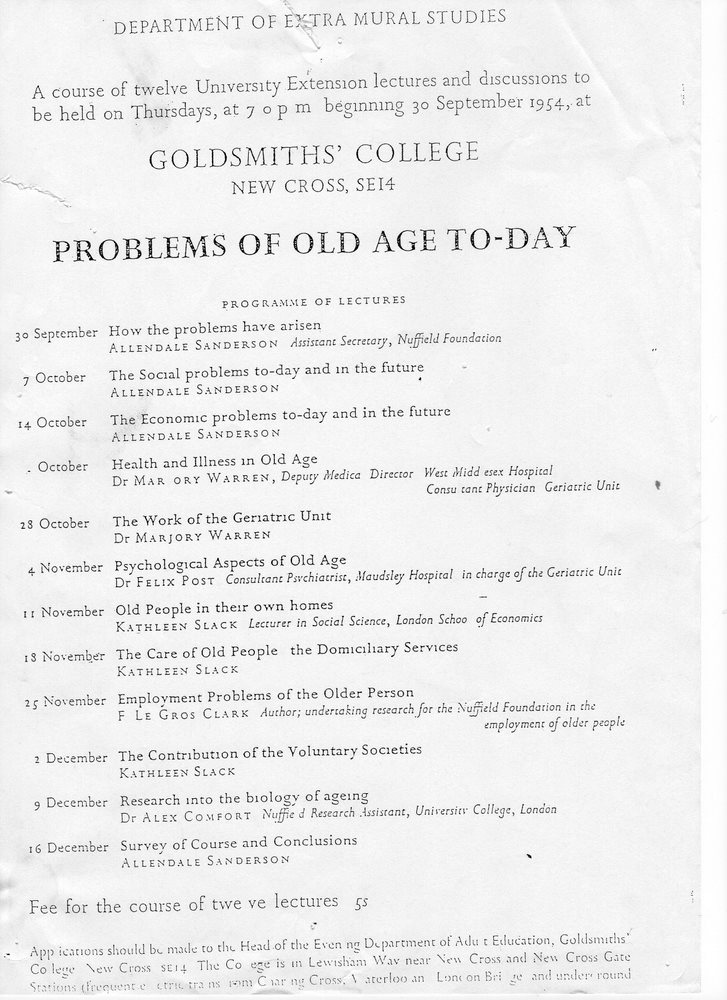space
Coming Out is undoubtedly important, both politically and personally. Individuals publicly coming out as queer helps to challenge LGBT(QI) invisibility and the common assumption of heterosexuality. It makes a political statement about the existence of queer people, and is a vital part of collective political action and community building. In the past, and still now in some contexts, many people had to hide their queerness in order to survive. Coming out can be a joyful flouting of that past experience of having to hide. Many queer people report feeling happier once they have come out – more able to relate authentically and honestly to other people now they no longer feel they are hiding an important part of themselves. At the level of personal relationships, coming out can be really important in challenging notions of what queer people are like – not weird and Other, but friends, colleagues and family. There’s quite a nice discussion of the history and meanings of coming out on Wikipedia.
But it’s not as straightforward as it might seem (hot news – academic says something is more complicated that it first appears!). What follows should be read in the light of this very cursory summary of the benefits of coming out – I’m not wanting to discourage anyone from coming out, just to look a bit critically at what we mean by coming out, and what effects it has. There is, of course, an academic literature on this, which I haven’t got space here to overview, but I’ve included some pointers, especially to lesser-known pieces I found engaging.
One trouble with the notion of coming out, is that it keeps ending up sounding as if it’s something you do once, or at most a few times (to yourself and then to different groups – family, friends, colleagues). As if there’s a single moment when a single announcement makes it happen (taken to comedic extremes in the sitcom Ellen when her coming out is accidentally amplified around an airport lounge [1]). Whereas most queer people I know (and the literature supports me on this, I’m just not referencing this properly) find they have to keep coming out, again and again. People are always assuming you’re straight and/or traditionally gendered (cisgendered) so you have to out yourself yet again. You can get very bored of going over the same ground about what it means and doesn’t mean (links here and here for the bi-curious and the curious-about-bi) The discourse of coming out doesn’t reflect this.
As a narrative analyst, I’m also suspicious of what the idea of coming out does to the narrative of a person’s lifecourse. Ken Plummer, who is otherwise an academic hero of mine, disappointingly calls coming out ‘the most momentous act in the life of any lesbian or gay person’ [2]. But it might not be. Something else might be far more significant to someone’s life story. And as society changes, it’s (sometimes) a less big deal (for some people) than it used to be. Coming out suggests narrative closure, what about continuing change?
My other big problem with the coming out discourse is that it tends to reify identities, to assume that people have a ‘true’ sexuality and/or gender identity which they are discovering/revealing. While many queer people do experience coming out as asserting their true nature as ‘gay’, ‘bisexual’, or ‘a man (but in a woman’s body)’, it’s not like that for everybody and there’s some evidence that it’s particularly not like that for bisexual people [3]. Almost every queer person has had more than one sexual and/or gender identity over the course of their life – as someone who’s interested in the lifecourse, I don’t want those past understandings of ourselves to be utterly silenced by current identities. Past selves have rights too!
Another trouble with coming out is the implication it can seem to carry that you ought to, as if it’s not okay to stay in the closet. We need to recognise the continuing vulnerability of LGBT people to discrimination, abuse, coffee-room snickering or just being treated as a bit weird and different by people who had previously seen you as one of them.
Coming out does nothing to challenge the way heterosexuality and cisgender are unmarked as the default positions. You rarely find straight and traditionally gendered people having to declare their sexual and gender identities[4], even though they are constantly made visible through everyday conversation, wearing wedding rings, dressing conventionally etc.. As a bi person working with people with learning disabilities said, after being told that she shouldn’t come out to a non-heterosexual service user:
[T]hey (her straight colleagues) disclose they’re married by wearing a ring. They disclose they’re Black by having black skin. They disclose they’re a woman by appearing like a woman… But I wasn’t allowed to disclose that. It was seen as very unprofessional that I was bringing personal stuff to my job [5]
I’ve now rejected the entire coming-out process. Straight people don’t have to deal with the hassle, why should we? I’m just going to live my life as I like and confuse the hell out of everyone.
(Oh, and by the way, I’m bisexual).

